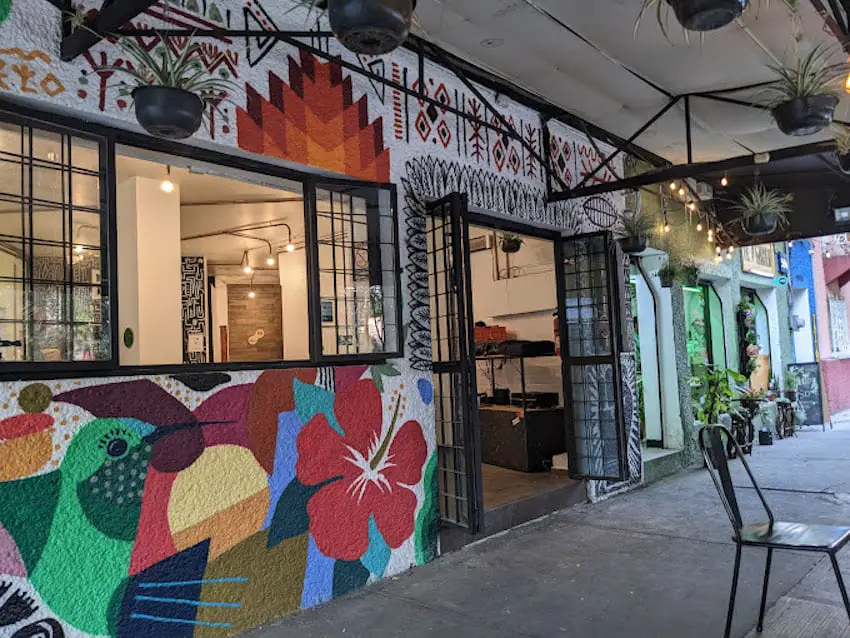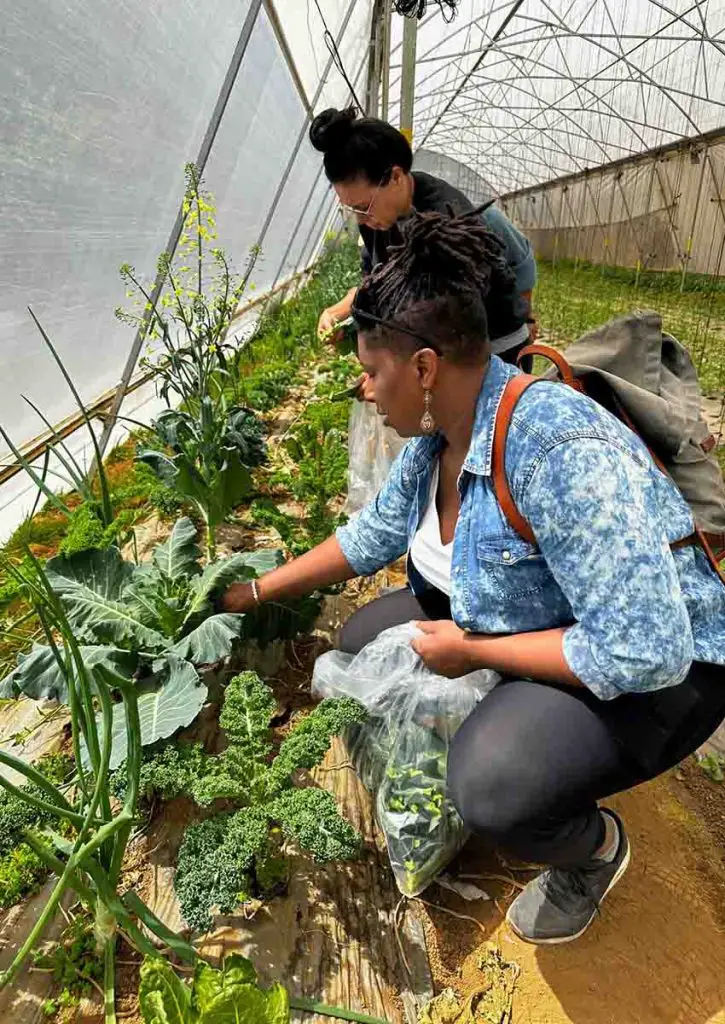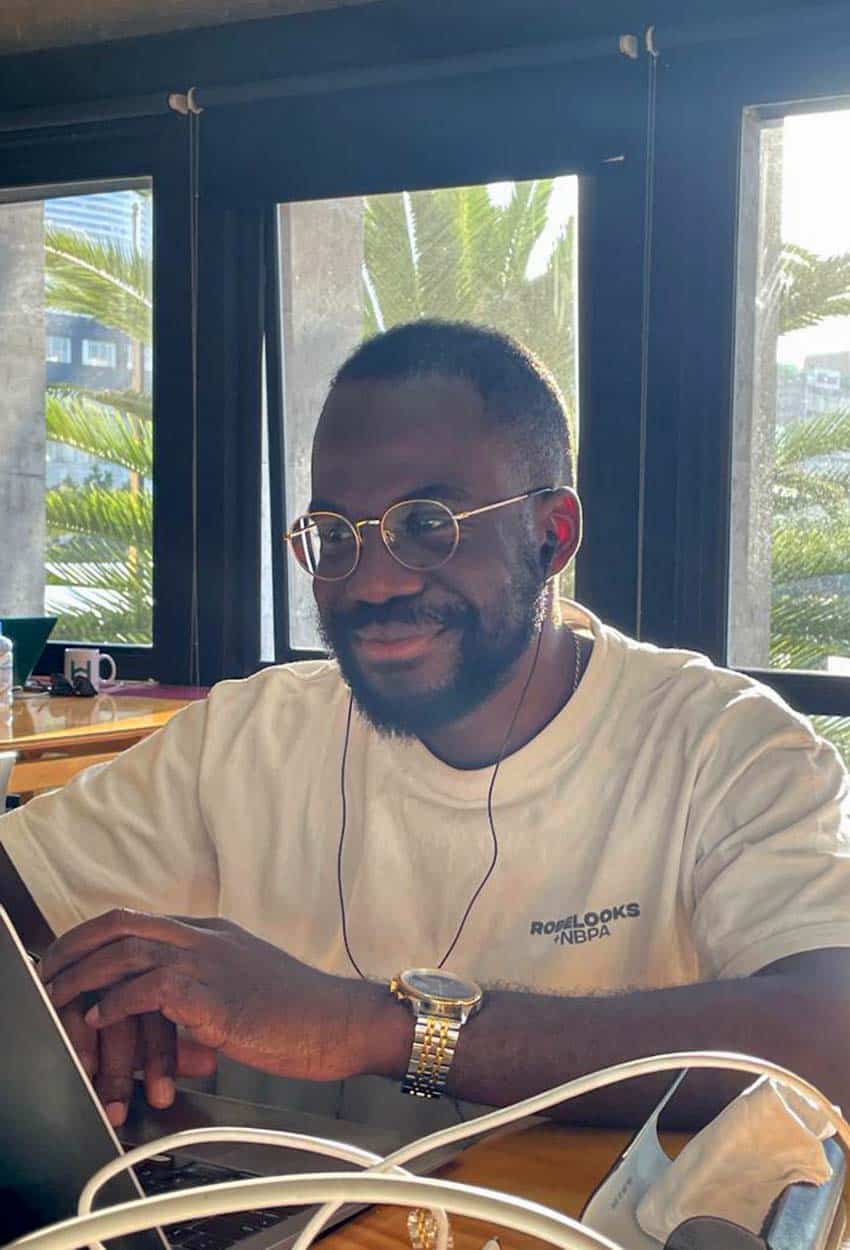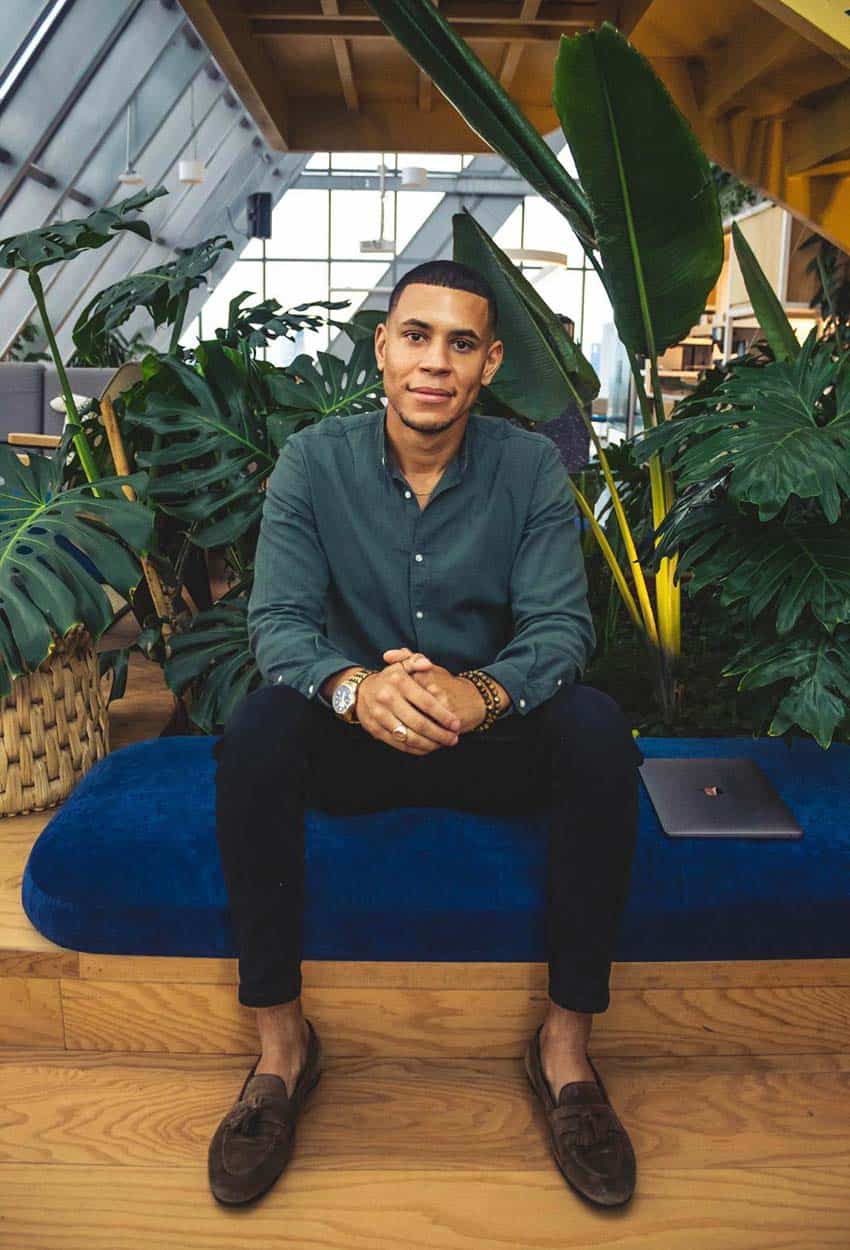Walking around popular expat neighborhoods, you might think that foreigners in Mexico are almost always white. But indeed there are Black people from various countries living in Mexico, the largest group being Black Americans.
United States media such as USA Today and Bloomberg have covered the migration of young Black Americans to Mexico and other countries, often focusing on racism in the United States as a driving factor. An Insider interview with expat Amber Blackmon quotes her as saying, “As a Black American, I didn’t feel safe in the U.S. anymore, so I left the country for Mérida, Mexico.”

These articles do note that the decision to migrate is multifaceted; Black communities have all the same considerations as any other migrant/expat community: economics, culture, lifestyle, etc.
Entrepreneurs are an interesting subset of expats as their work combines elements from their personality, life stories, race, socioeconomic class, along with developing business opportunities.
I had the opportunity to meet some Black American entrepreneurs who have found Mexico to be home. While Tiara Darnell, William “Bud” Lee, Mark Bishop and Brian J. Gerrard all mentioned racial issues, their stories demonstrate the range of influence their lives in the U.S. have had and how their home experiences affect their being in Mexico.
Tiara Darnell’s Blaxicocina restaurant in Mexico City is a “classic” immigrant business, deeply tied to being both Black and physically in Mexico. Her previous entrepreneurial experience included goat milk products and wine, but Blaxicocina’s inspiration is the home-cooked soul food of her Washington, D.C.-based family. The business began last year with cooking events at Darnell’s apartment, but once she was cramming 70 people at a time, she decided to take it to the next level.

The restaurant’s location is a beautiful site in Mexico City’s Colonia Narvarte, just off of Las Americas Park. Murals on the outside of the building announce that this is Black American cultural space — as does the menu, with classics such as fried chicken and collard greens. But she is not adverse to experimentation; just try her Buffalo wings with al pastor sauce.
Blaxicocina straddles two cultures conceptually, but as a formal business, it is 100% Mexican. However, many of Darnell’s colleagues work online, which allows them to take advantage of being binational in more ways, such as having the business legally registered in the U.S. while they themselves reside in Mexico.
William “Bud” Lee was no stranger to entrepreneurship when he decided to come to Tulum during the pandemic. There, he went on a yacht cruise. He noticed that it did not cater to the preferences of people of color, so as a “fun project” (his words), he started Yacht Club Company. The “project” was an instant hit, leading to articles in various magazines and newspapers.
“But people kept telling me I had to check out Mexico City,” he said, so he took their advice and found the capital very much to his liking.

Travel is a major passion for Lee, who believes it is essential to development as a person. However, he says, “I’m really mindful of being a person of color and I know my half-Black, half-Latina business partner is as well. As you know, my people were often forgotten about in my country.”
Mexico City gives Lee a whole new set of inspiration to draw from, which is now being channeled into World City Tours. Specifically, he is looking to create a more intelligent alternative to AirBnB experiences, which he criticizes as being too focused on tacos and alcohol.
Lee is taking his time with this project, looking to work with local, vetted experts to create tours to truly appreciate what the city has to offer.
App-developer Mark Bishop’s project is Join Joyfully. The app looks to provide instantaneous access to encouragement and advice from trained “uplifters” — skilled listeners providing reassurance and encouragement.
Join Joyfully is inspired by several of Bishop’s corporate and entrepreneurial experiences, starting with feeling like an outsider in corporate America, and later succeeding under the wing of supportive managers. His earlier Afro Roots DNA project not only provided app development experience but also an appreciation of how much people need a sense of belonging.
Bishop has done much of the development work while living in Mexico City, finding that Mexican uplifters, technical people and other entrepreneurs have provided him with perspectives he would not have found in the U.S.

Brian Gerrard of Hyyer is an important recruiter of professional talent from Latin America for U.S. companies. In 2019, Gerrard sold just about everything he owned to travel, first to Mexico then to Latin America and beyond. Despite traveling to over 25 countries in only a few years, he is back in Mexico, convinced it is the best place in the world.
Gerrard’s previous entrepreneurial success was with a dating app called Bae, created because “…African Americans are 10 times less likely to get a match or message on traditional dating apps.”
In Latin America, he saw that there were many capable young professionals here, especially in design, software, sales and more, but with limited opportunities in their home countries and “… no way of getting in front of that start-up in Seattle.”
But Gerrard says he has those connections to “… build a bridge of opportunity.” According to Gerrard, that bridge has connected tens of thousands of professionals with U.S. companies.
It is important to note that these entrepreneurs have more in common than just race or even nationality. All are young, for whom the digital world has always existed. All show a willingness to embrace and manage risk, both likely developed by being entrepreneurs previously and having lived and traveled extensively outside of their home cities in the northeast U.S.
And all find Mexico irresistible.

These entrepreneurs share a value system concerned with questions of identity and privilege. Curiously, despite being disadvantaged in the U.S., they find themselves at least somewhat privileged in Mexico for being American.
“I think that the status that I have as an American, as a foreigner, helps me out a lot more here,” Darnell said. “But I don’t have that same privilege in the U.S.”
Lee agrees.
“I am also just really really mindful about what it means to [have] the privilege that it is to be an American in another country.”
This means that they are also sensitive to how their personal and business presence in Mexico may affect the country. As Lee says, we don’t want to “continue the stereotype of coming into places, monetizing it and pushing people out. We have the power to really engage the community and make it a part of this experience.”
Leigh Thelmadatter arrived in Mexico over 20 years ago and fell in love with the land and the culture in particular its handcrafts and art. She is the author of Mexican Cartonería: Paper, Paste and Fiesta (Schiffer 2019). Her culture column appears regularly on Mexico News Daily.
